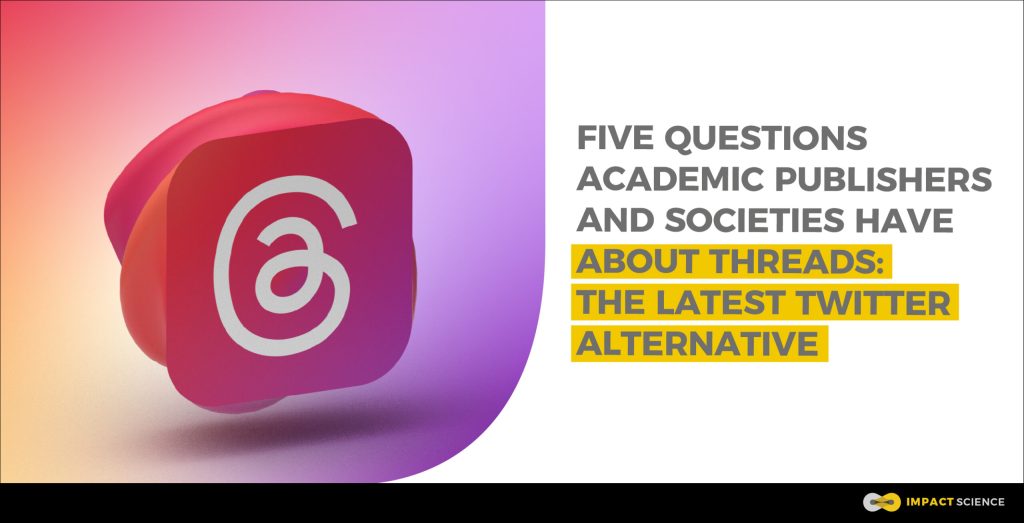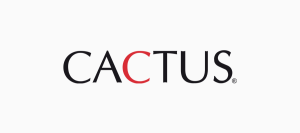In today’s fast-paced social media landscape, it’s crucial for marketing professionals in academic publishing to stay ahead of the curve. Enter Threads, a social media platform launched on July 6, 20233, by the social media giant Meta (which owns Facebook and Instagram). Threads offers unique features that can revolutionize the way academic publishers connect with their audience and promote scholarly content.
What is Threads?
Built by the Instagram team, Threads is a new app meant primarily for sharing text updates and joining public conversations. It’s considered a rival to Twitter, and marketing experts believe it is intended to capitalize on the growing migration of Twitter users who’ve been disappointed by Twitter after Elon Musk’s takeover. As of July 10, Threads had already crossed 100 million users.
Is Threads the Same as Instagram?
No, Threads is a different app and needs to be downloaded separately from the App Store or Google Play. But as of now, an Instagram account is required to log into Threads, and once you log in, you get the option to follow users whom you already follow on Instagram. Also, your Instagram username and verification will carry over to Threads, though you can customize your profile specifically for Threads.
What Can be Posted on Threads?
As Instagram is meant primarily for photos and videos, Threads is meant primarily for text (though photos, GIFs, and videos up to 5 minutes long can be included). Posts can be up to 500 characters long and include links. A Threads post can also be shared on your Instagram story or as a link on any other social media platform.
How Can Academic Publishers and Societies Use Threads?
Threads presents a unique opportunity for academic publishers and societies to enhance brand visibility, drive readership or engagement, and nurture relationships with relevant stakeholders. Here are some potential ways Threads can fit into your social media strategy:
- Building Communities: Use Threads to establish vibrant communities centered around specific academic disciplines or subject areas. Curate content and foster meaningful discussions to attract scholars, researchers, and authors, providing a platform for disseminating academic publications and fostering collaborations.
- Promoting Scholarly Content: Share snippets, abstracts, or summaries of academic publications within relevant discussions. This approach piques the interest of potential readers and drives traffic to your website or publication platforms, ultimately increasing visibility and readership.
- Thought Leadership and Expertise: Engage actively in discussions on Threads to establish yourself as a thought leader and industry expert. Share valuable insights, engage with scholars, and provide guidance to enhance your credibility and position your publishing brand as a reliable source of scholarly content.
- Real-time Engagement: Take advantage of Threads’ emphasis on focused conversations to engage in real-time discussions. Address queries, respond to comments, and promote your publications directly to interested users. This instant and interactive engagement fosters stronger connections with the academic community.
What Are the Future Plans for Threads?
Instagram has announced plans to make Threads compatible with ActivityPub, which is an open social networking protocol established by the World Wide Web Consortium (W3C, which is responsible for creating the open standards that drive the modern web). By implementing ActivityPub compatibility, Threads will be able to seamlessly connect with other apps that also support this protocol, including popular platforms like Mastodon and WordPress. This means that people using compatible apps will be able to follow and interact with Threads users without having a Threads account, and vice versa (i.e., your posts would be accessible from other apps, which enables you to reach more people with minimal effort).









